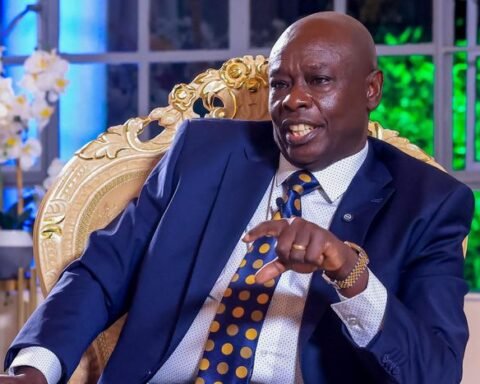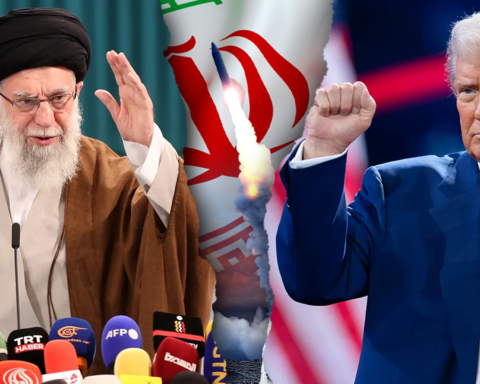In a growing sign of diplomatic self-confidence, several African nations are choosing to chart their own course, rejecting conditional aid and geopolitical pressure from powerful countries like the United States.
The shift, unfolding in 2025, reflects a more assertive approach to sovereignty—one that prioritizes national values over foreign demands.
Uganda Stands Firm on Data Sovereignty
Earlier this year, Uganda declined a $450 million financial aid package from the United States that aimed to upgrade its digital infrastructure. But the deal came with strings attached. U.S. tech firms were to manage national data centers for 15 years, with potential access to sensitive internet and telecommunications information. The proposal also called for severing ties with Chinese companies like Huawei and ZTE.
President Yoweri Museveni publicly rejected the offer, stating, “Our freedom is not up for negotiation—not for cables, not for code.” The decision sparked widespread national pride. Over 38,000 Ugandans marched peacefully across Kampala, waving placards that read “Our Data, Our Nation.”
Instead of folding, Uganda signed a $1.1 billion agreement with Huawei and reaffirmed its commitment to the African Union’s Data Policy Framework.
Morocco: “We Do Not Trade Principles for Dollars”
In North Africa, Morocco turned down a proposed $1.2 billion U.S. package that included defense technology and infrastructure investment. The condition? Normalize ties with Israel and move toward officially recognizing Jerusalem as its capital.
King Mohammed VI responded with a nationally televised speech, asserting, “The foundations of our nation are not for sale. We will not exchange dignity for dollars.”
His remarks ignited a wave of public support. Over 120,000 Moroccans held solidarity marches in Casablanca, Rabat, and Marrakesh, chanting pro-Palestinian slogans and reaffirming their commitment to moral foreign policy. In response, Morocco pursued alternative defense and infrastructure partnerships with Qatar and Turkey.
Nigeria Rejects Oil Sector Takeover
Africa’s largest economy, Nigeria, faced pressure to allow U.S. companies to control over 50% of its national oil sector. Lawmakers described the proposal as “economic neocolonialism.” In an unusual move, Nigeria’s parliament passed a bipartisan resolution stating that “the nation’s resources are not for foreign ownership.”
President Bola Tinubu later addressed the nation, saying, “We are not for sale—not our oil, not our future.”
Shortly after, the Nigerian National Petroleum Company signed a $2.4 billion joint venture with a Chinese energy firm. Nigeria also expanded oil trade with Brazil. Polling from the Centre for Democracy and Development showed that 81% of Nigerians supported the government’s decision.
Also Read; Duterte Faces ICC Arrest Warrant Threat
Sudan Refuses Resettlement Proposal
Meanwhile in Sudan, U.S. diplomats proposed relocating thousands of displaced Palestinians from Gaza in exchange for military assistance and rebuilding aid. Sudanese leaders rejected the plan outright, stating that the country’s internal challenges, including political instability and economic hardship, make such commitments unsustainable.
Analysts noted that Sudan’s rejection was not just logistical—it was philosophical. The move underscored a strong desire to avoid entanglement in foreign strategic interests, especially those perceived as imposed.
South Africa Defends Its Ambassador
Tensions also flared between the U.S. and South Africa after Washington expelled South African Ambassador Ebrahim Rasool for his criticism of the Make America Great Again movement. Rasool, a veteran diplomat, returned home to a hero’s welcome and described the expulsion as “a badge of dignity.”
His remarks were widely covered by South African media, with political analysts praising the country’s consistency in advocating for a multipolar world order.
A Continent’s Voice, United in Purpose
These diplomatic developments represent more than isolated acts of defiance—they signal a growing shift in how African nations view themselves on the world stage. Gone are the days of passive alignment with global powers. Today, African countries are demanding partnerships based on mutual respect, not conditional generosity.
As one banner read in Kampala: “We are not a market—we are a continent.”
Africa is no longer waiting to be included in global decisions. It is making them.







